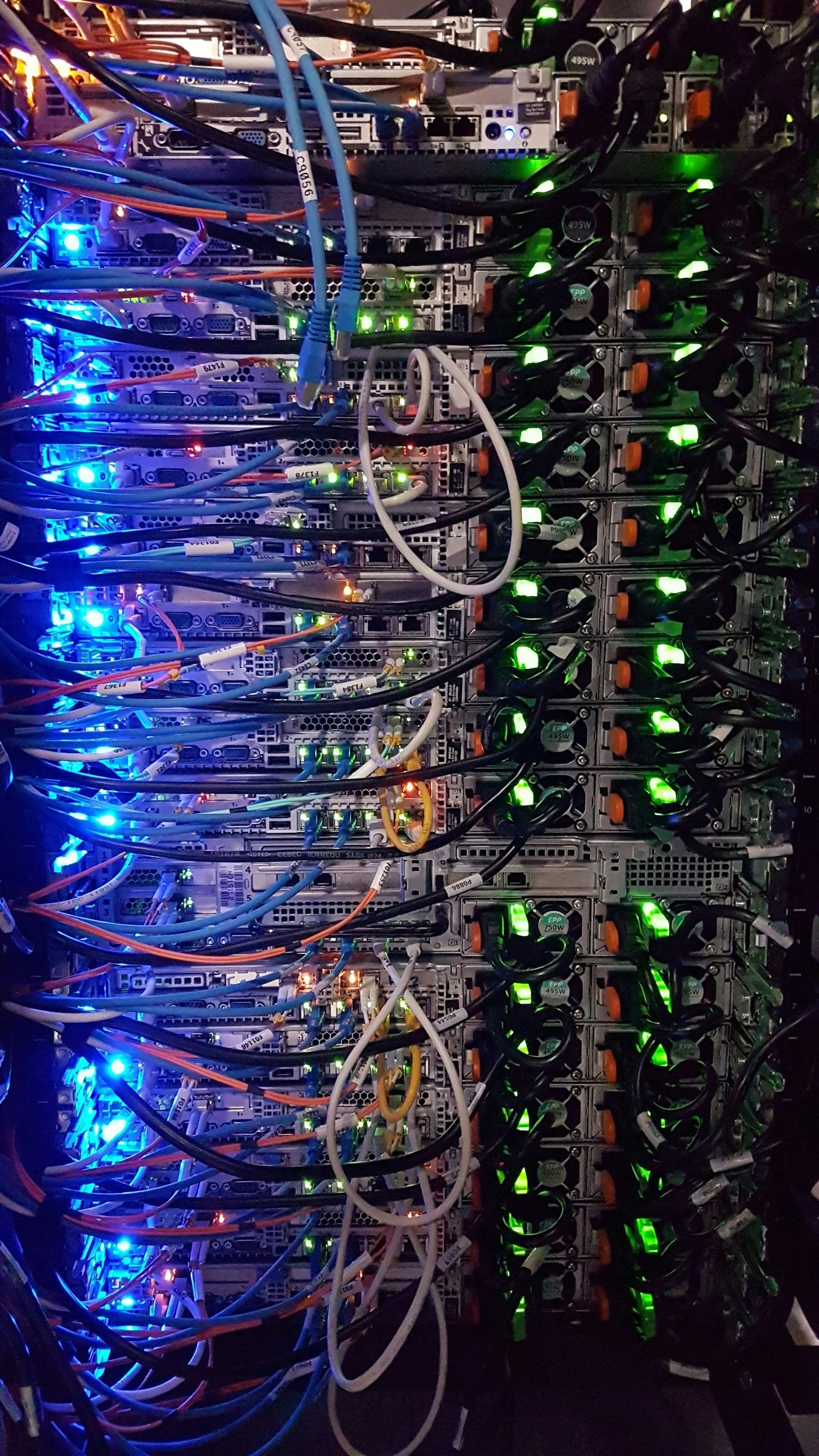
Blockchain 101
What is blockchain technology?
Blockchain is a decentralized and distributed ledger technology that enables secure and transparent record-keeping of transactions across multiple computers or nodes. It uses cryptographic algorithms to ensure data integrity and consensus mechanisms for transaction verification.
How does blockchain ensure security?
Blockchain ensures security through its decentralized nature and cryptographic mechanisms. The distributed network of nodes prevents a single point of failure, making it difficult for malicious actors to manipulate data. Cryptographic algorithms ensure data integrity and protect transactions from unauthorized modifications.
What are the key benefits of using blockchain technology?
Blockchain offers several benefits, including enhanced security, transparency, and immutability. It eliminates the need for intermediaries, reduces transaction costs, and enables faster settlement times. The decentralized nature of blockchain increases trust and provides opportunities for innovation in various industries.
How is blockchain technology different from traditional databases?
Unlike traditional databases, blockchain is decentralized, meaning there is no central authority or single control point. It maintains a transparent and tamper-proof transaction record accessible to all participants. Additionally, blockchain databases are append-only, meaning data can only be added and not modified or deleted, ensuring an immutable transaction history.
Can blockchain be used for purposes beyond cryptocurrencies?
Absolutely. Blockchain has a wide range of applications beyond cryptocurrencies. It can be used for supply chain management, healthcare record-keeping, identity verification, voting systems, decentralized finance, smart contracts, and more. Its transparency and security features make it suitable for various industries.
What are some potential challenges with implementing blockchain technology?
Challenges associated with blockchain implementation include scalability, energy consumption, interoperability, and regulatory considerations. Blockchain networks require significant computational power, and scalability becomes a concern as the number of transactions increases. Ensuring compatibility and seamless integration with existing systems is also crucial.
How can blockchain technology impact data security and privacy?
Blockchain enhances data security by providing transparency, immutability, and cryptographic protection. The decentralized nature of blockchain reduces the risk of data breaches or manipulation. Additionally, blockchain-based systems can grant individuals more control over their data and enable the secure sharing of sensitive information while preserving privacy.
What role does consensus play in blockchain technology?
Consensus mechanisms ensure that all participants in a blockchain network agree on the validity of transactions. They enable decentralized decision-making and prevent malicious activities. Various consensus algorithms, such as Proof of Work (PoW) and Proof of Stake (PoS), are used to validate and confirm transactions.
Are there different types of blockchains?
Yes, there are different types of blockchains. Public blockchains are open to anyone, allowing anyone to participate in the network and validate transactions. Private blockchains restrict access to authorized participants and are often used within organizations. Consortium blockchains are governed by a group of organizations, combining the benefits of both public and private blockchains.
What is the potential of blockchain technology in the future?
The future potential of blockchain technology is vast. As it matures and overcomes scalability and regulatory challenges, blockchain can transform industries by improving efficiency, reducing costs, enhancing transparency, and enabling new business models. It can potentially revolutionize areas such as supply chain management, finance, healthcare, governance, and more.
Blockchain technology is revolutionizing the way we think about data security, transparency, and efficiency. At Chainly, we harness the power of blockchain to deliver innovative solutions that meet the complex needs of governments and enterprises. Whether you're new to blockchain or looking to deepen your understanding, our "Blockchain 101" page offers a comprehensive overview of this groundbreaking technology.
From enhancing security and transparency to eliminating intermediaries and reducing costs, blockchain's potential is vast and transformative. It's more than just the foundation for cryptocurrencies—blockchain is paving the way for advancements in supply chain management, healthcare, identity verification, and beyond.
At Chainly, we take these principles of blockchain technology and apply them to real-world challenges. Our flagship product, chain2CSV, is already processing billions of transactions, offering secure, scalable, and efficient data solutions. Our ChainlyAPI further empowers organizations to seamlessly integrate blockchain into their existing systems, ensuring data integrity and enhancing operational transparency.
Ready to experience the power of blockchain for your organization?
Explore how Chainly can help you secure your data, streamline operations, and unlock new opportunities for innovation. Whether you're looking to adopt blockchain for the first time or seeking to optimize your existing systems, our solutions are designed to meet your needs.
Try Chainly today and see how our cutting-edge blockchain solutions can transform your organization. Contact us to learn more or request a demo and take the first step toward a more secure, efficient, and innovative future.




